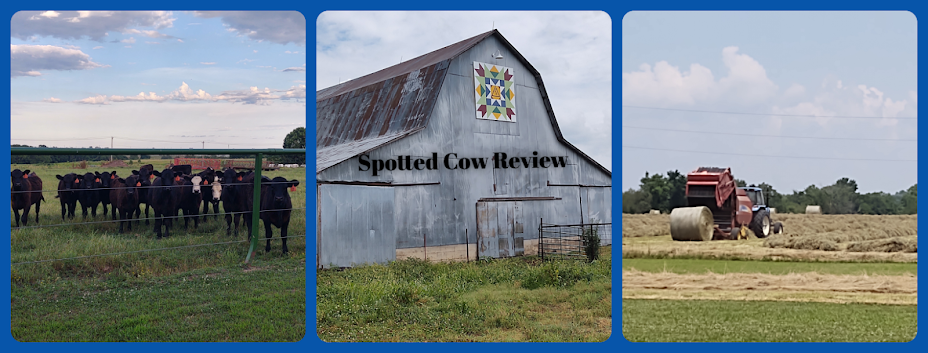According to Food Safety News, two of the nine children developed hemolytic uremic syndrome, a potentially fatal kidney disease associated with severe E.coli infections. In just two weeks, five year old Maddie Powell's medical bills had mounted to more than $125,000 and that's not the final bill. Is food freedom worth risking your family's health or life?
 From the dairy producer that was involved in this recent outbreak, to the comments from the head of the largest raw milk dairy in the nation, it's obvious they don't seem to understand or believe the proven science that pasteurization is the only way to kill harmful bacteria that can be present in milk regardless of how diligent the dairy farmer works to provide a safe product.
From the dairy producer that was involved in this recent outbreak, to the comments from the head of the largest raw milk dairy in the nation, it's obvious they don't seem to understand or believe the proven science that pasteurization is the only way to kill harmful bacteria that can be present in milk regardless of how diligent the dairy farmer works to provide a safe product.Here are some proven facts about milk and pasteurization:
- Pasteurization DOES kill harmful bacteria.
- Pasteurization DOES save lives.
- Raw milk DOES NOT kill dangerous pathogens by itself.
- Both raw milk and pasteurized milk can cause allergic reactions in people sensitive to milk proteins.
- Pasteurization DOES NOT reduce milk's nutritional value.
Raw milk illness is preventable---real freedom involves making a a responsible,informed choice.


.jpg)

